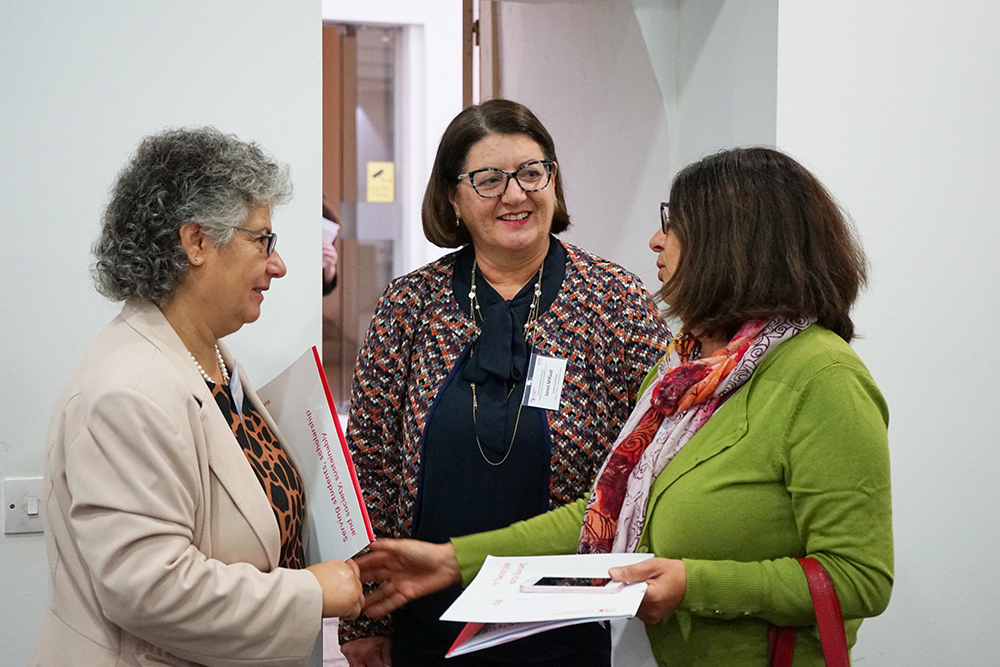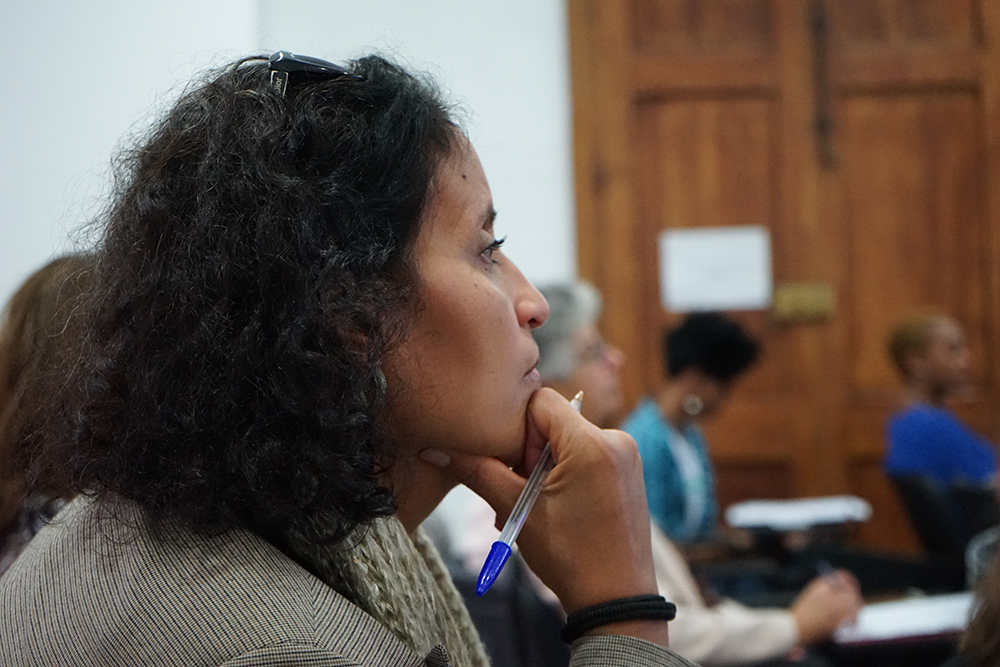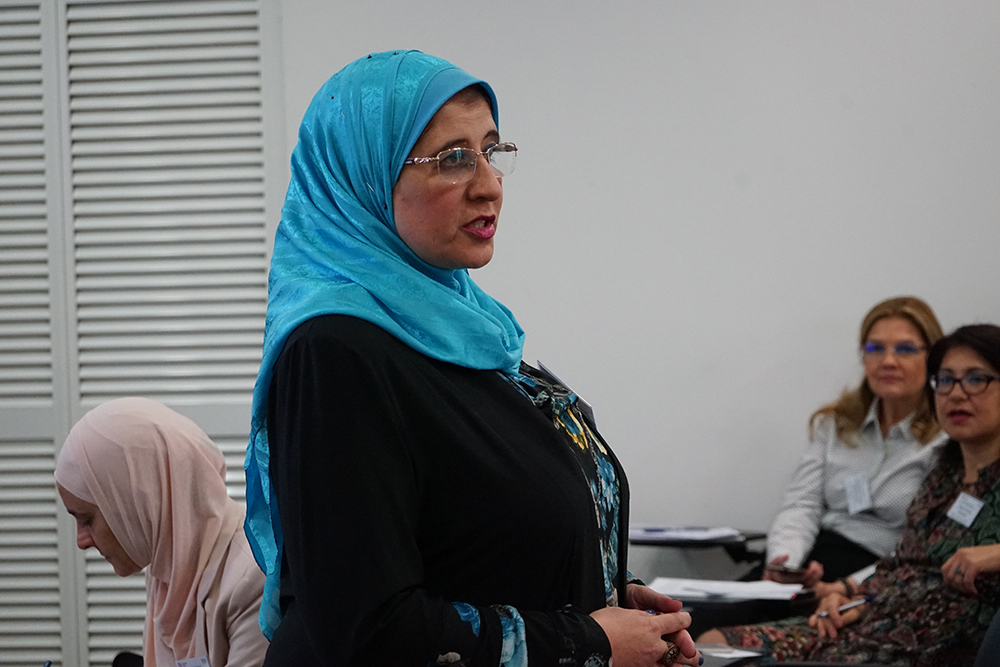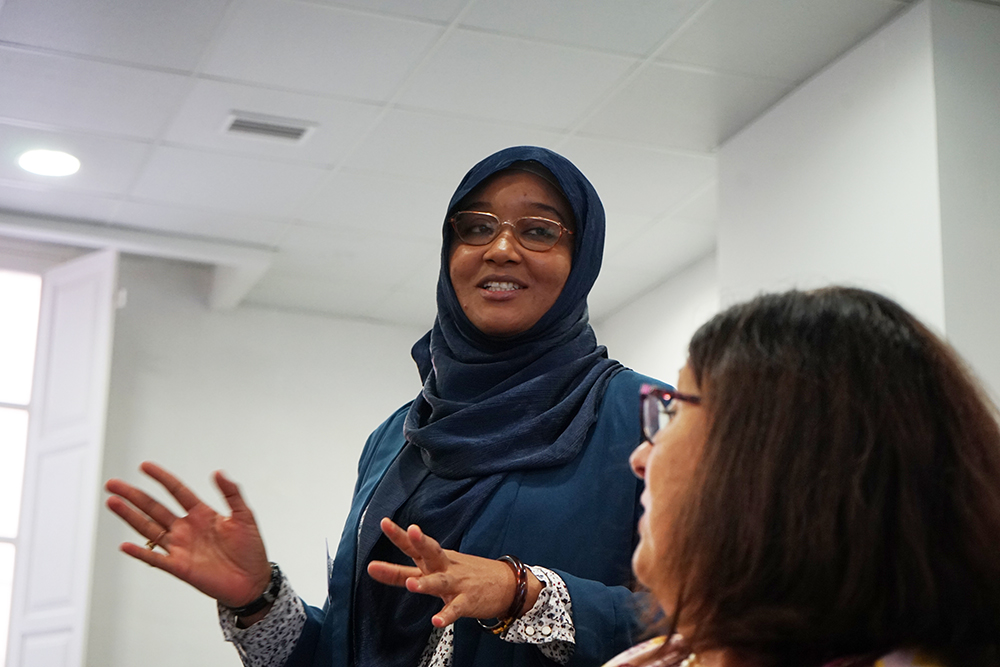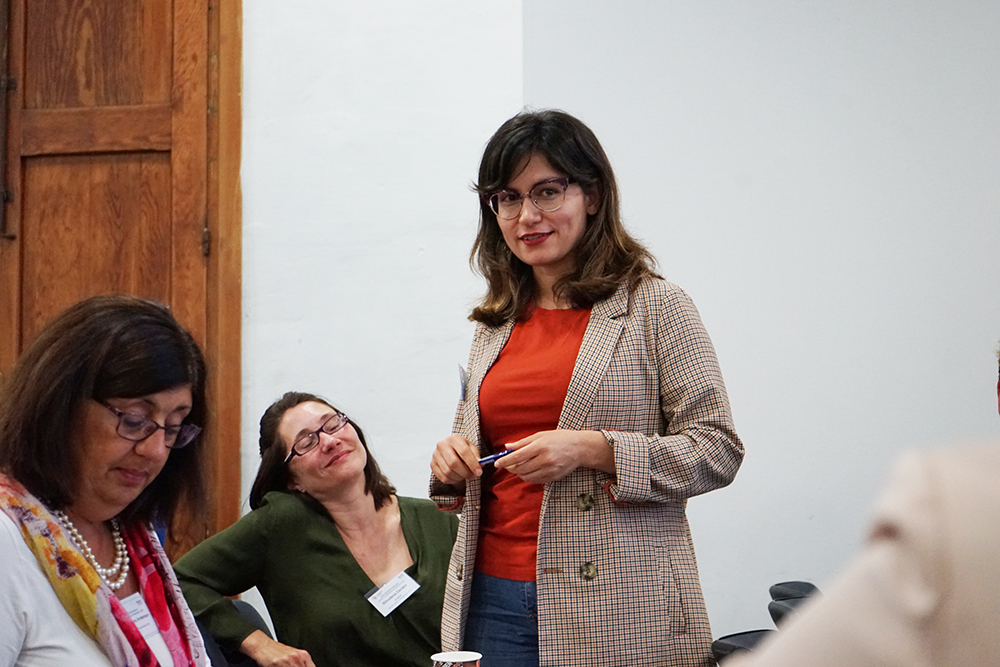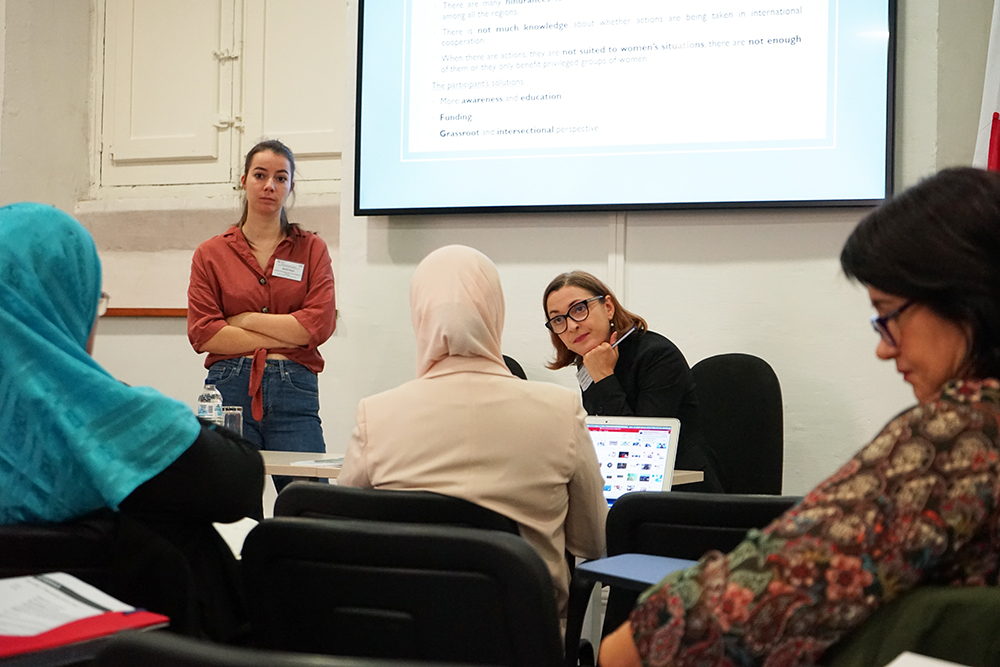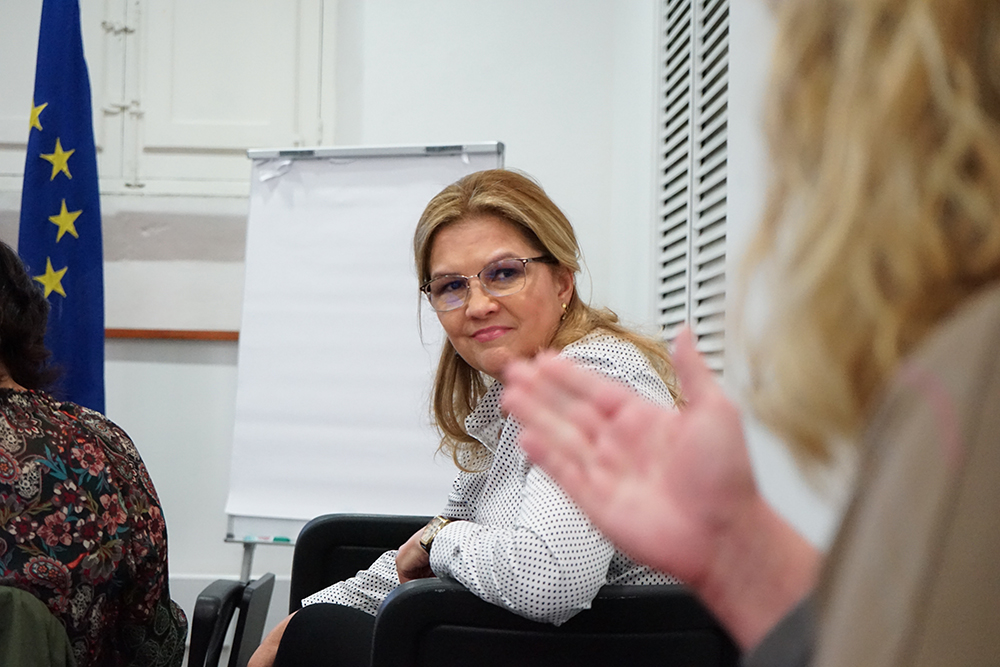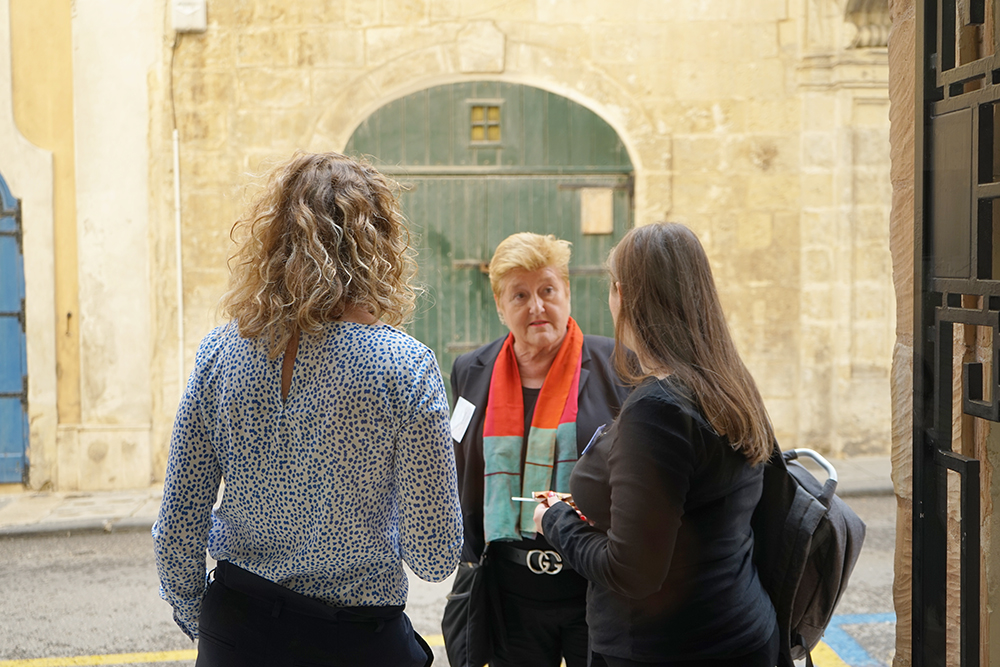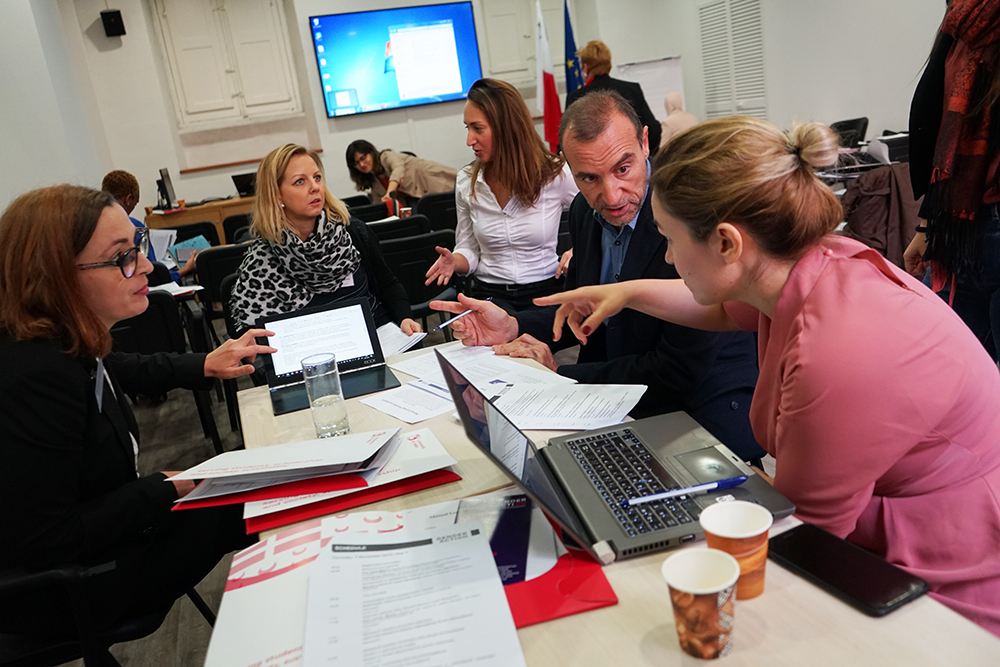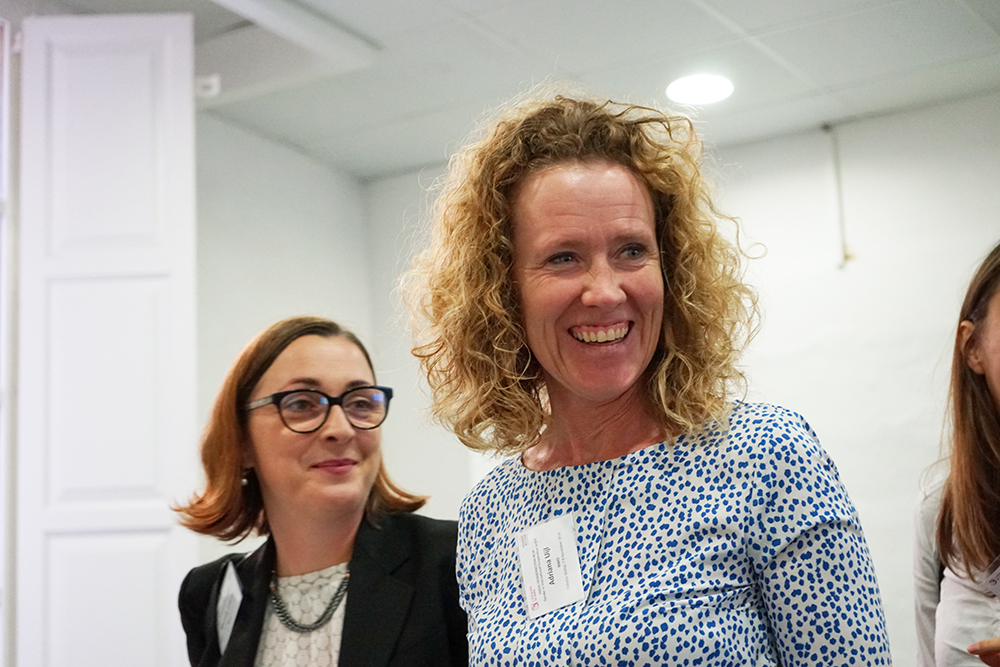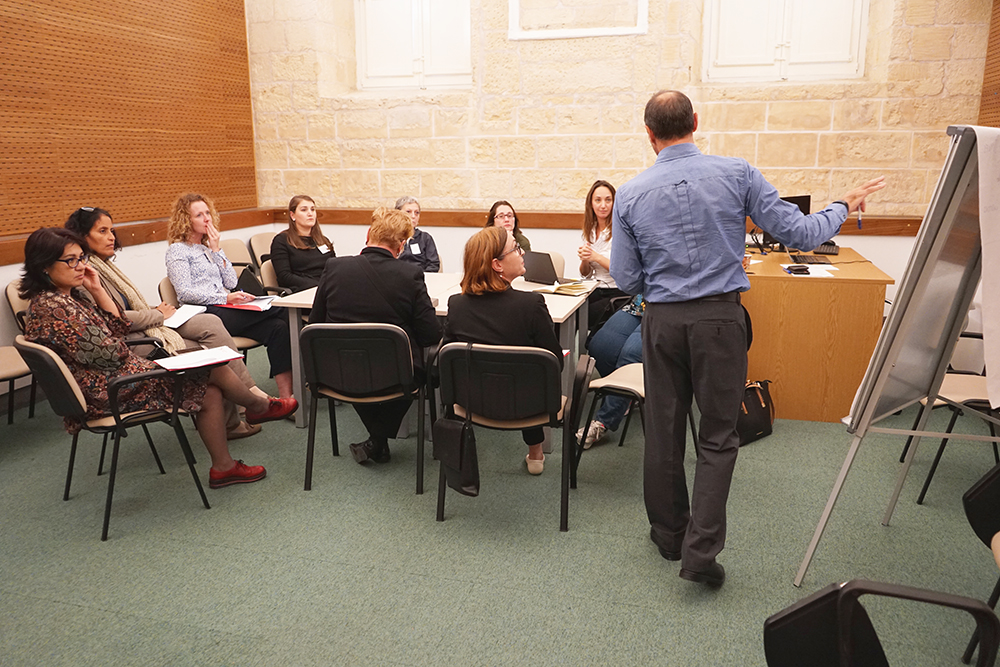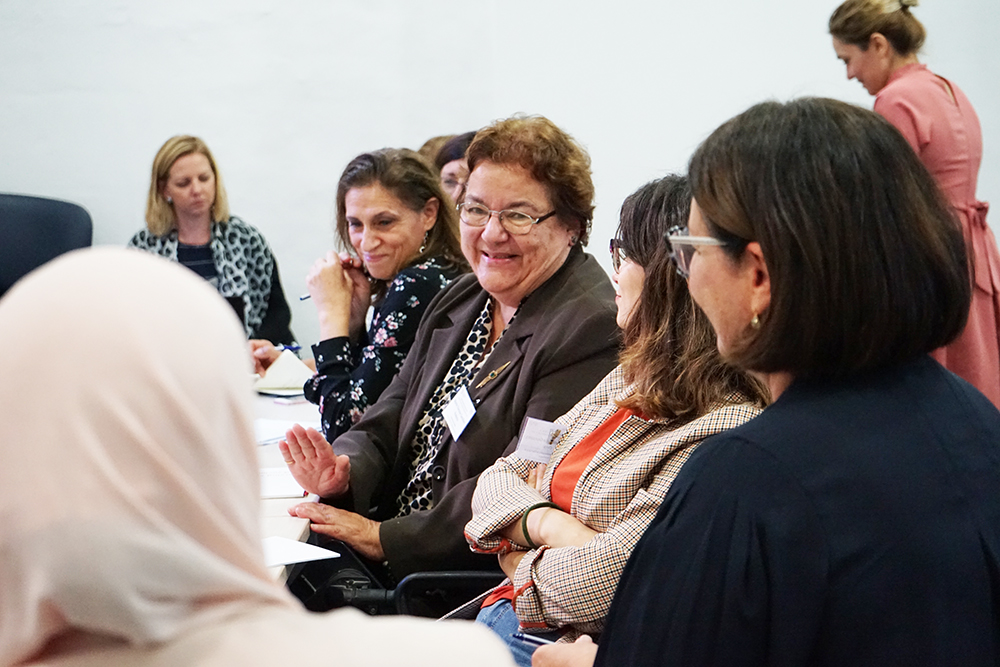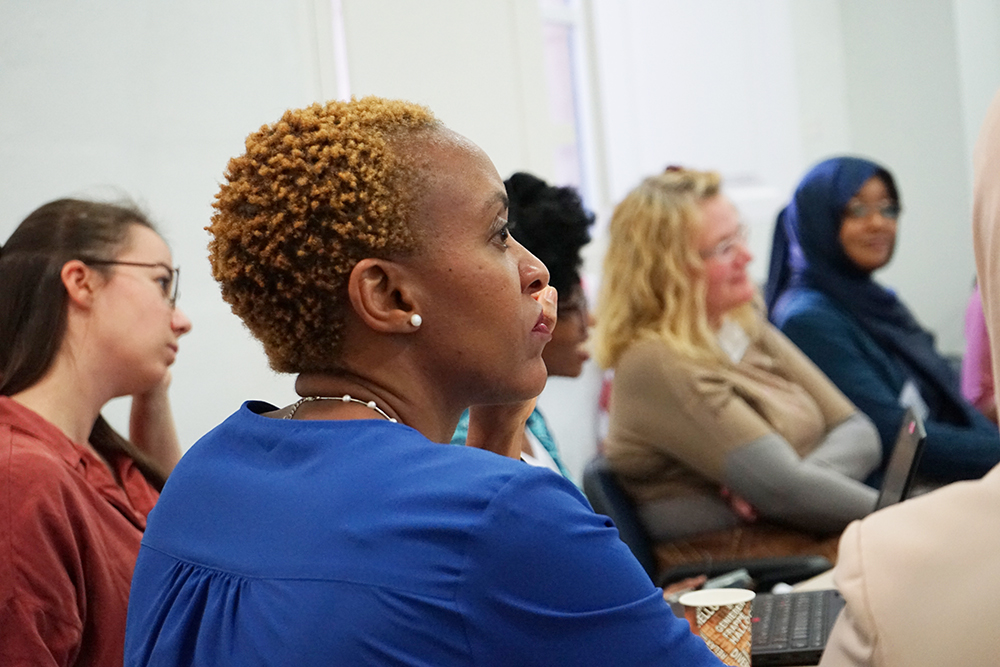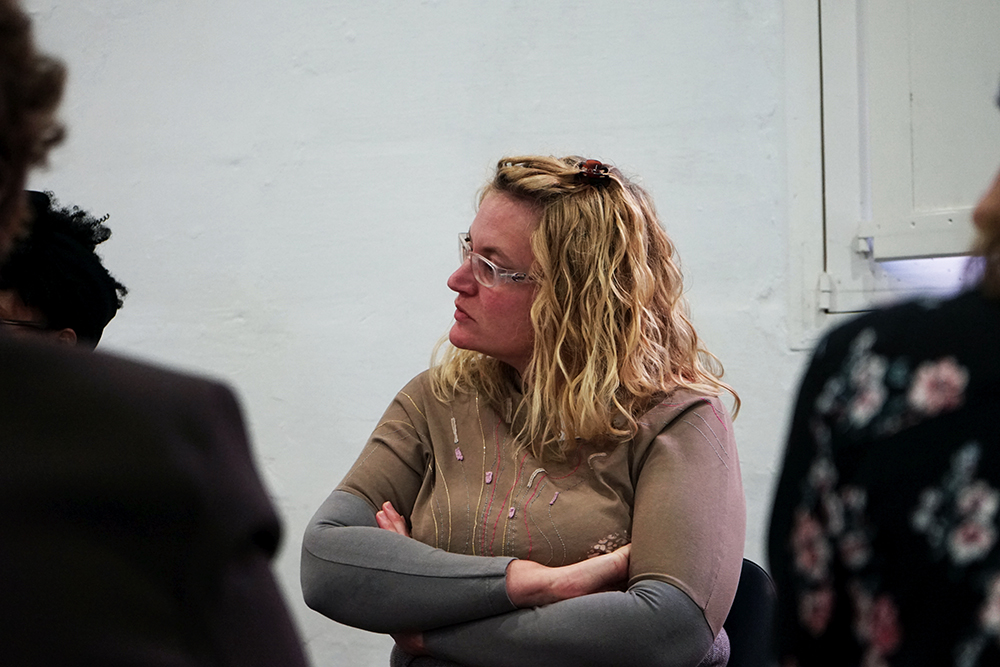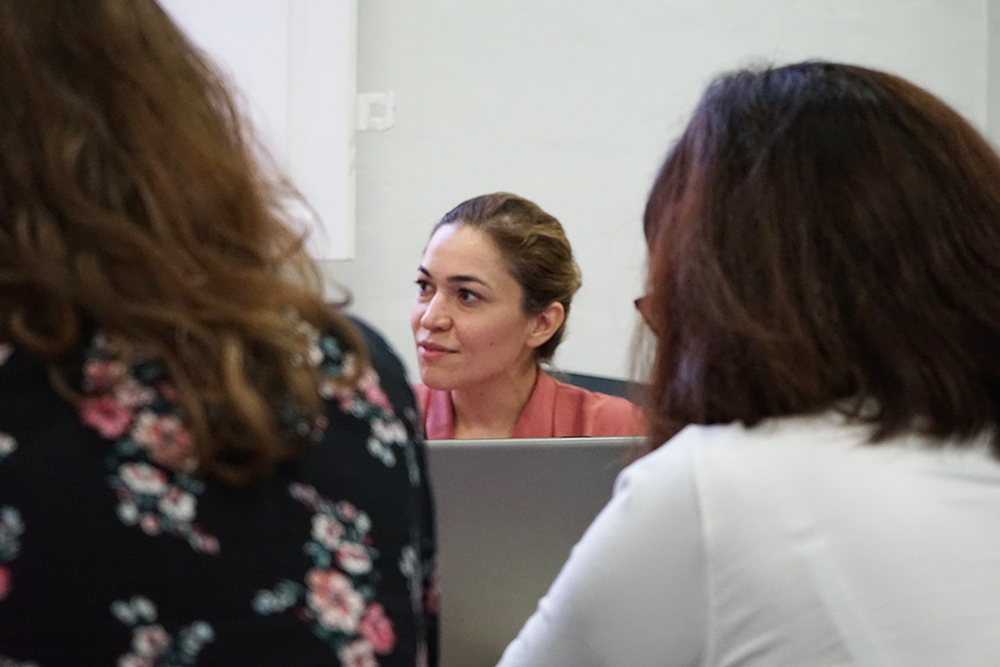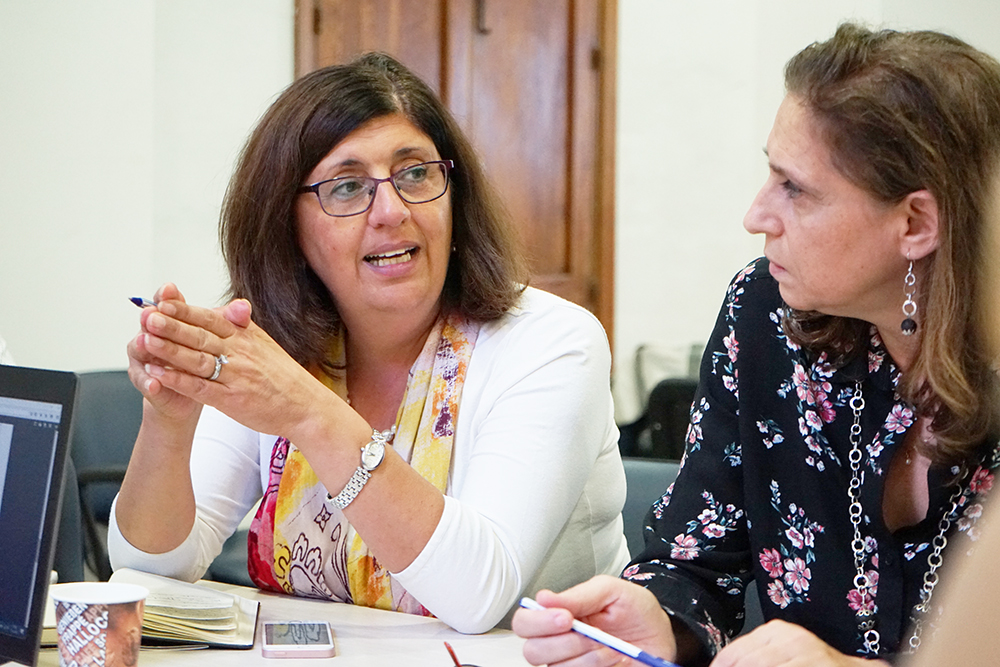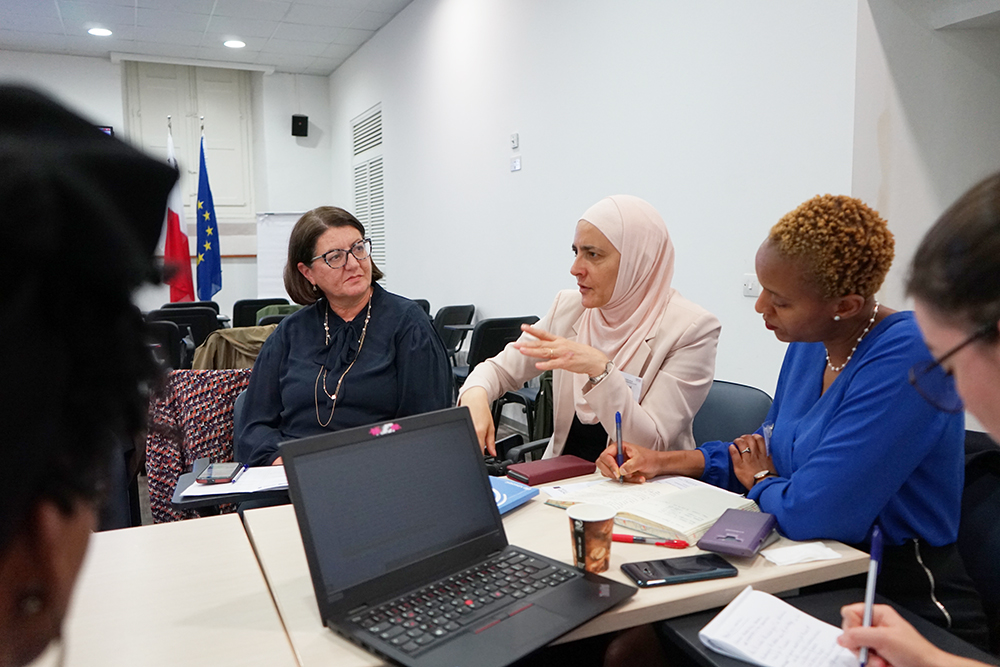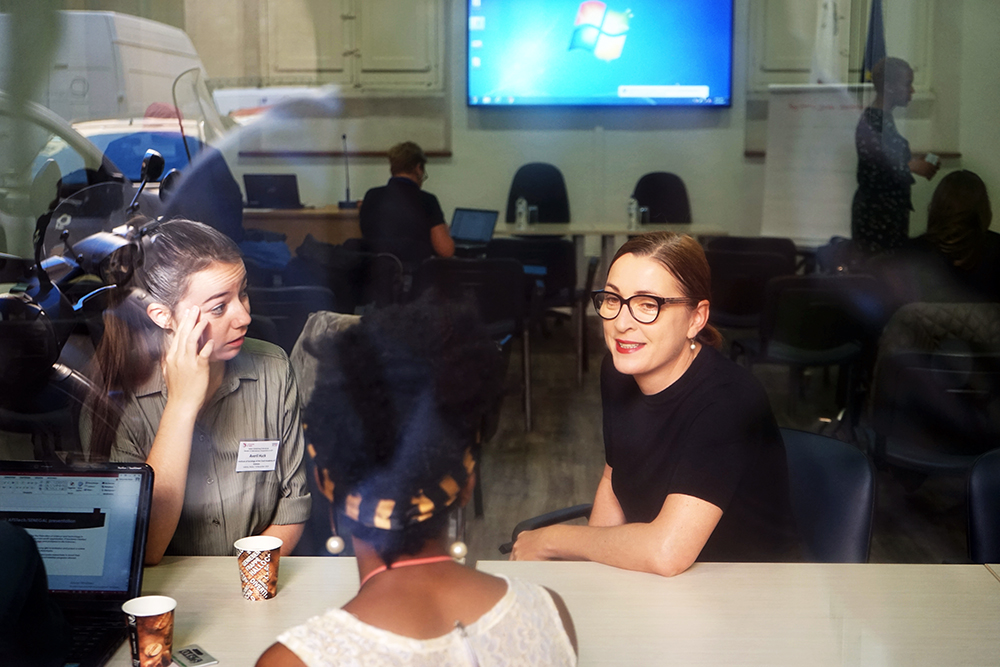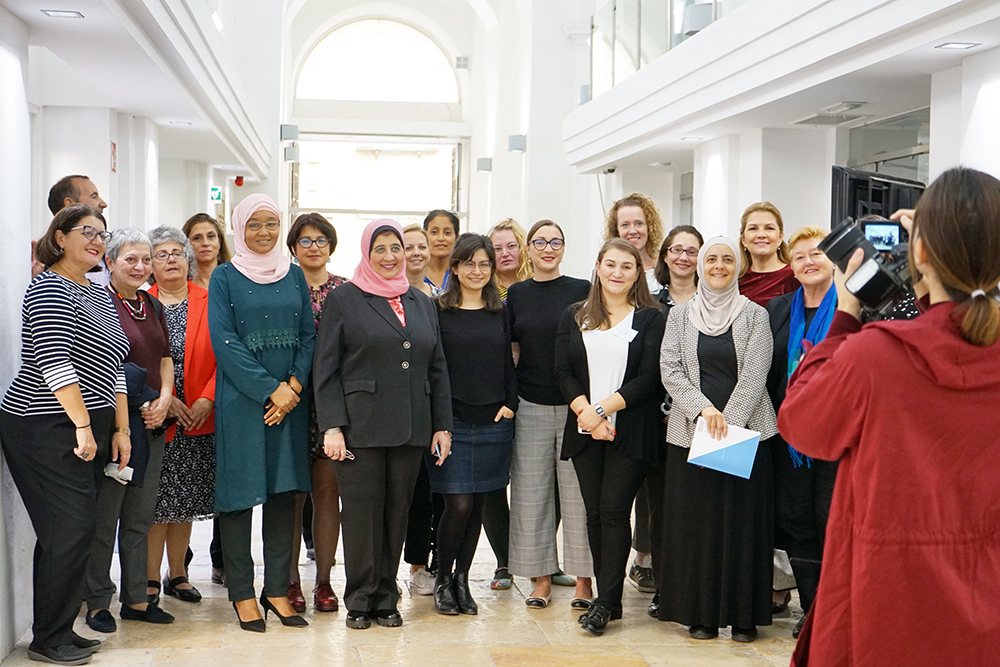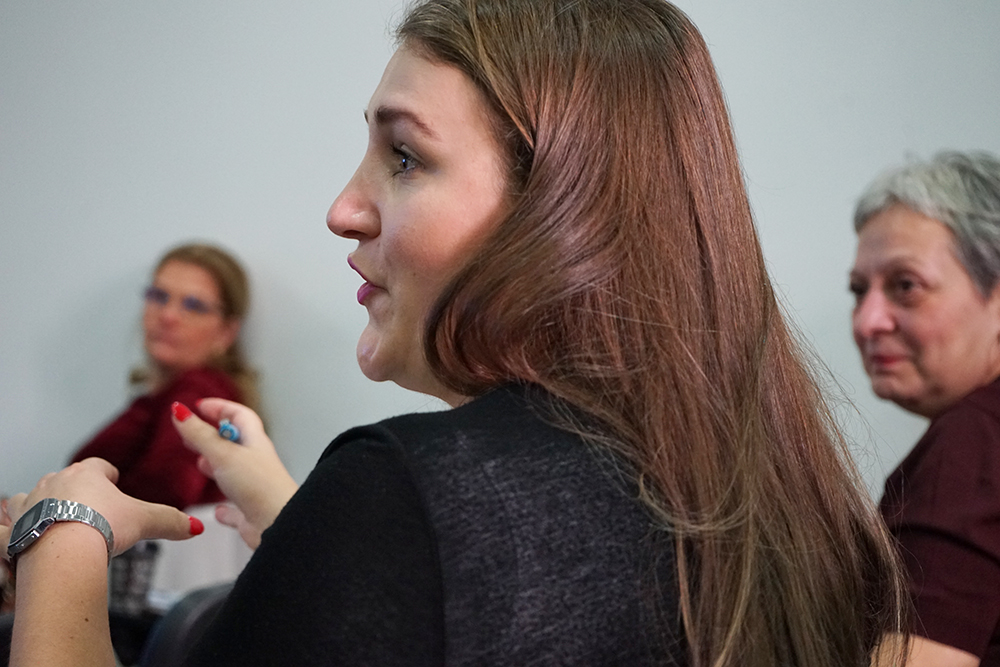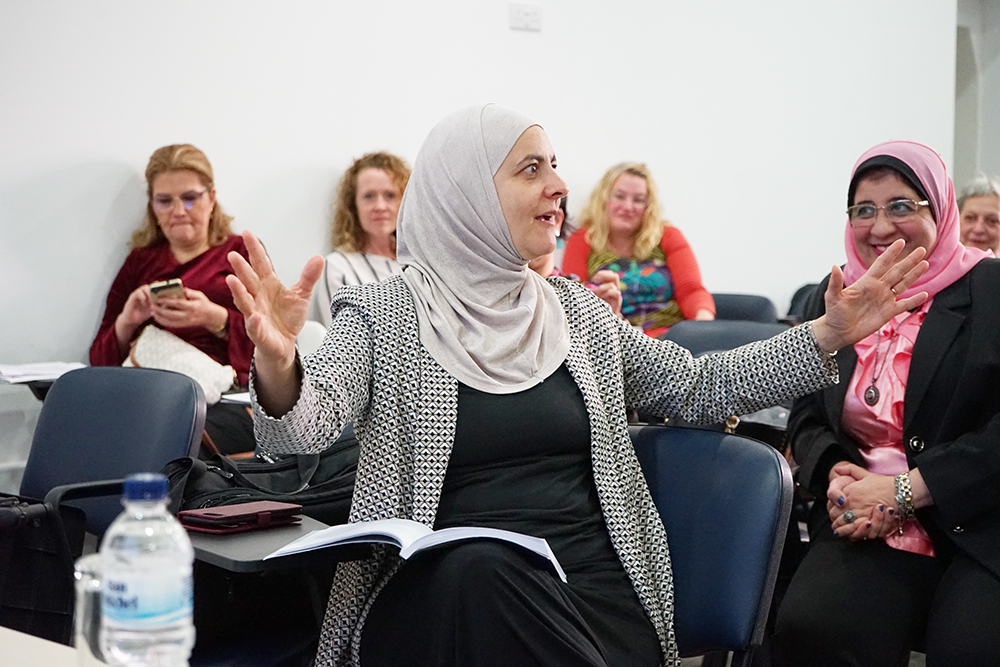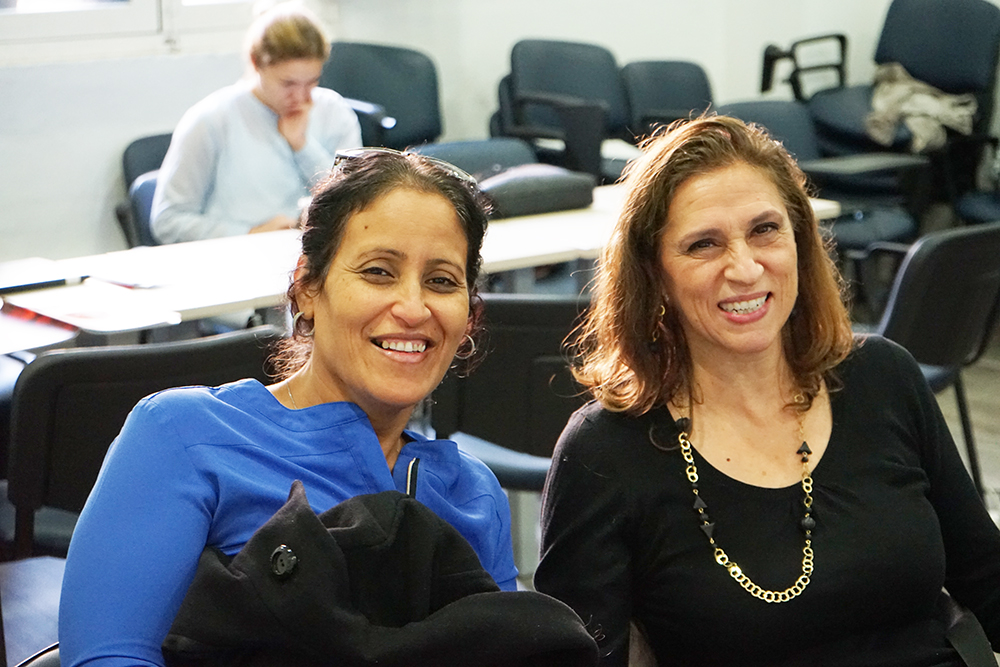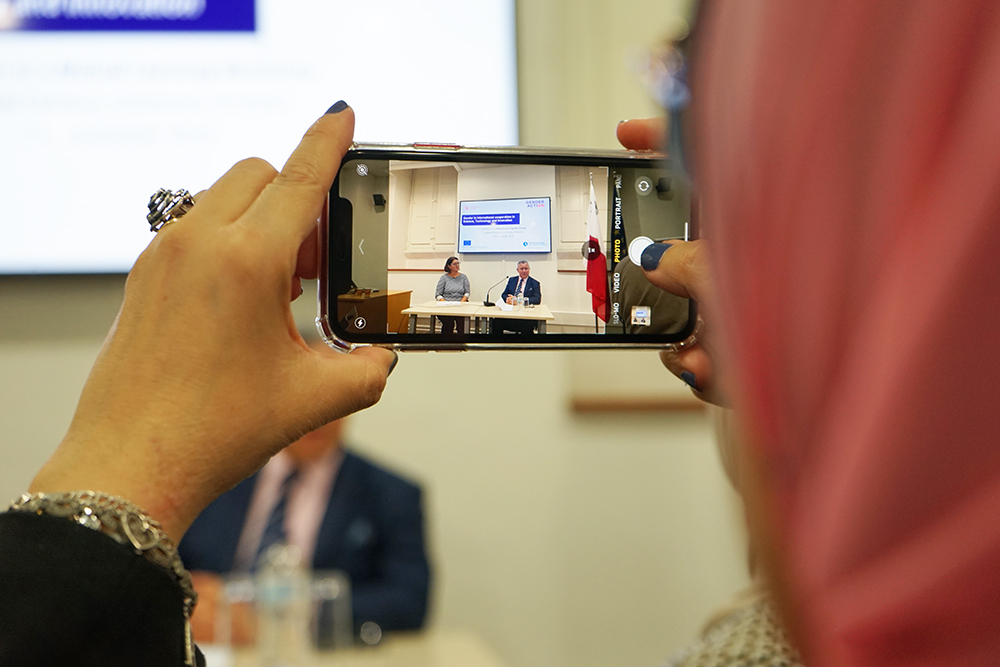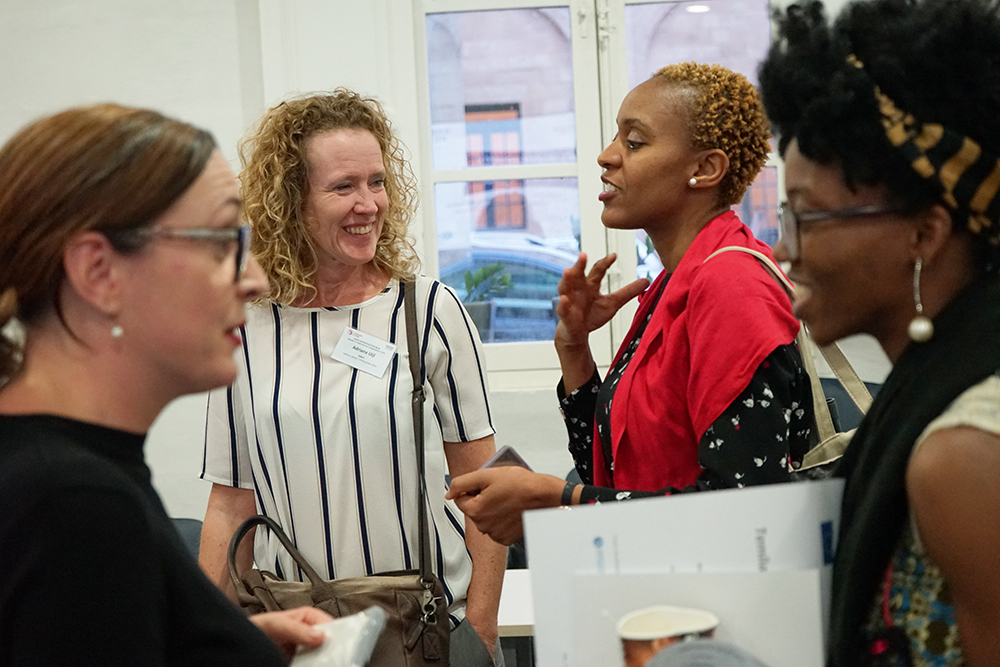Mutual Learning Workshop Malta
8.11.2019
On 7th and 8th of November 2019 GENDERACTION organized a Mutual Learning Workshop on gender in international cooperation in science, technology and innovation (under WP6).
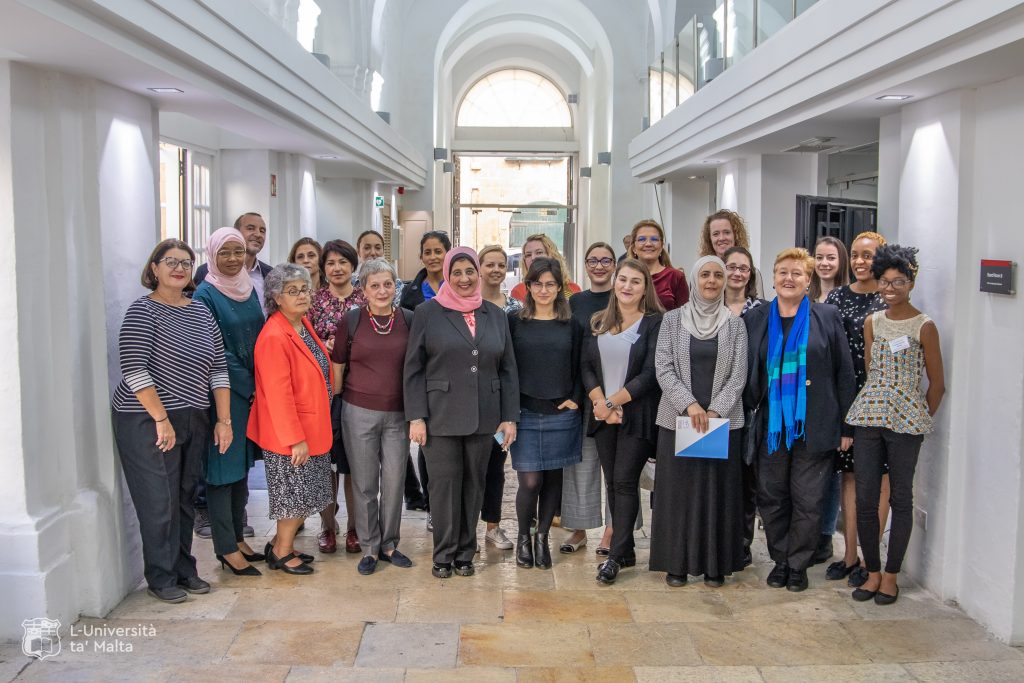
Participants of the workshop came from Croatia, the Czech Republic, Egypt, El Salvador, France, Jordan, Kosovo, Malta, the Netherlands, Romania, Senegal, Slovenia, South Africa, Spain, Tunisia and Turkey and the UK to establish contacts and network on gender equality in STI, debate the results of a GENDERACTION survey on women/gender organizations in 3rd countries, share their experience and identify barriers that hinder greater involvement of women researchers from 3rd countries in international cooperation in STI.
The keynote lecture was given by Louise Morley from the Centre for Higher Education and Equity Research (CHEER), University of Sussex, UK. She talked about the conditions needed for the improvement of women researchers’ situation in STI and about the unequal geographies of knowledge, knowledge economy, epistemic exclusion and reproduction of privileges: “It´s not only about who produces knowledge – and who doesn´t -, but as well how and where knowledge is created,” she stressed.
In the next session, six representatives of organizations that attended the workshop introduced their activities and position of women in STI in their country. These were:
- CAWSTEM presented by Temilade Adeoye from Nigeria,
- Circle of Alemat represented by Rana Dajani from Jordan,
- GenderInSITE introduced by Phyllis Kalele from Kenya,
- AMUS represented by Mirella Schoenenberg from El Salvador,
- WISWB whose activities described Amal Amin Ibrahim S. Nada from Egypt and
- AFSTech introduced by Fatoumata Balde from Senegal.
In the next section of the program, participants discussed challenges to international mobility such as material and economic issues and work/life balance or career opportunities for women researchers. In the break-out session on gender in research content we concentrated especially on health and climate change and its relation to local communities´ knowledge.
The outcome of the meeting will be recommendations to the European Commission and Member States for actions on gender in international cooperation with 3rd countries in Horizon Europe, both for structural change/gender balance and gender in research content. We are planning further collaboration with the participants and expand the network of organizations that we will address in the future. An unexpected result of the meeting was high interest of post-communist countries whose representants participated in the workshop in the highest number of all our events held by GENDERACTION so far.



